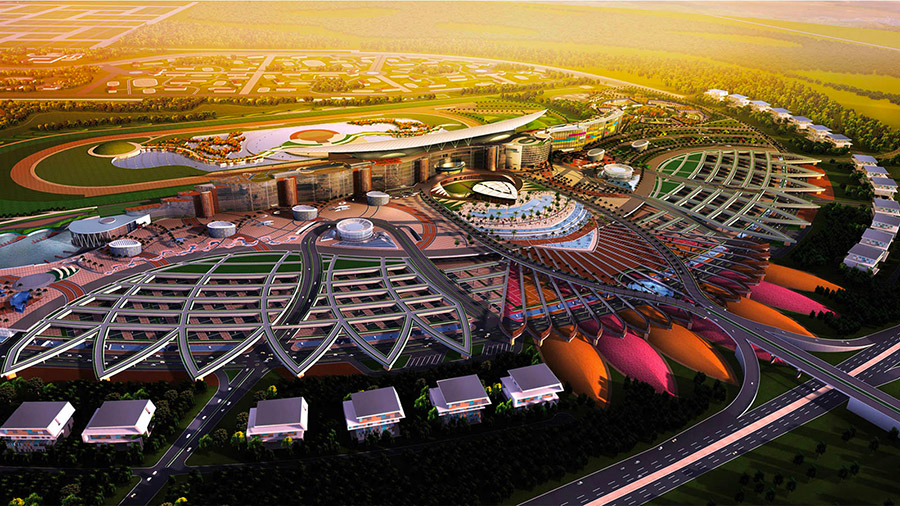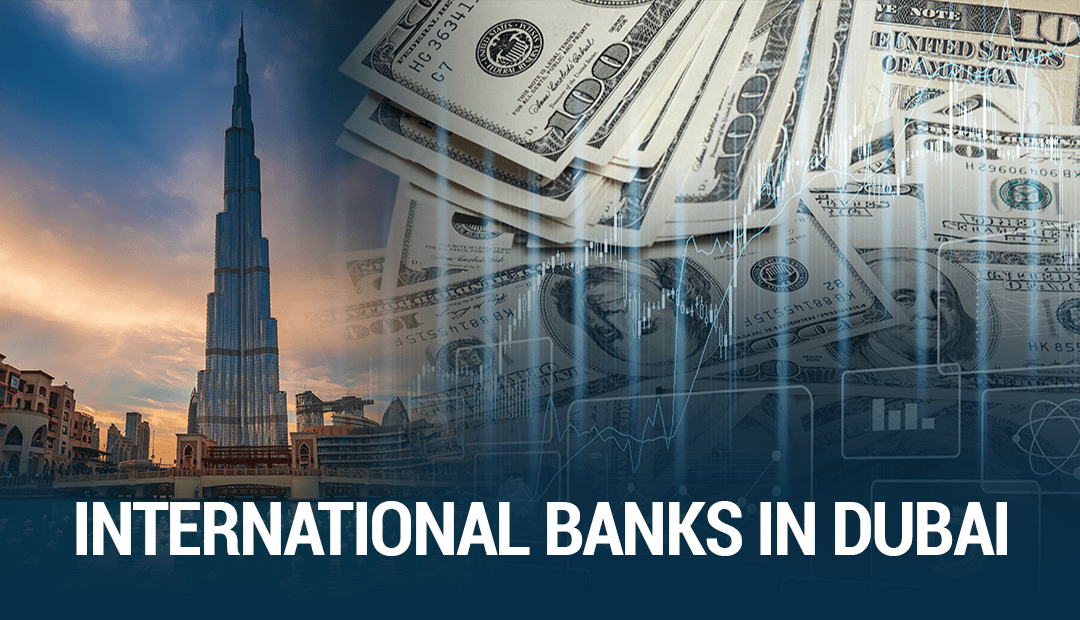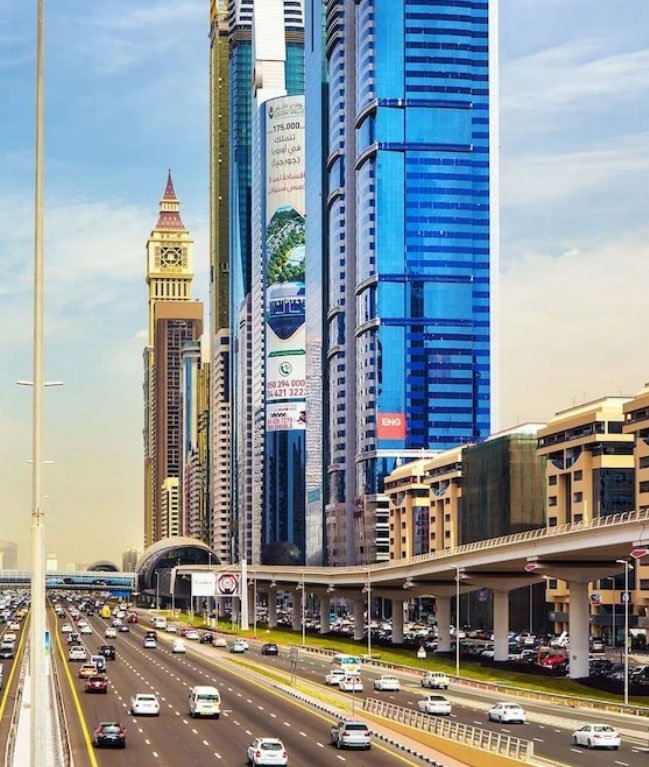In an increasingly interconnected global landscape, the significance of Free Zones—also known as Special Economic Zones (SEZs) is becoming ever more pronounced. These designated areas, where business regulations differ from the rest of a country, are designed to attract foreign direct investment (FDI), stimulate economic growth, and promote international trade. By offering various incentives such as tax exemptions, regulatory flexibility, and streamlined customs processes, Free Zones are crucial catalysts for economic activity, reshaping the way countries engage with the global market.
Understanding Free Zones
Free Zones are specific geographic areas within a country that provide businesses with special privileges and incentives. These zones typically offer reduced tariffs, tax exemptions, and simplified regulatory frameworks, making them attractive locations for both local and international businesses. The overarching goal of Free Zones is to create an environment conducive to trade and investment, facilitating easier access to global markets.
These zones can vary significantly in their structure and focus. Some may cater to specific industries, such as technology or manufacturing, while others might be more general-purpose. Regardless of their focus, Free Zones are designed to encourage businesses to set up operations, thereby fostering economic development.
The Economic Impact of Free Zones
Stimulating Economic Growth
One of the most significant roles that Free Zones play in the global economy is stimulating economic growth. By creating business-friendly environments, these zones attract both domestic and foreign investments. For example, the UAE Free Zones have become a magnet for international businesses, significantly contributing to the country’s status as a global trade hub. With over 28 Free Zones in Dubai alone, the UAE has effectively harnessed the potential of Free Zones to generate billions in revenue and create thousands of jobs.
The establishment of Free Zones can lead to a ripple effect, creating opportunities not only for businesses operating within the zones but also for local economies. As companies invest in these areas, they often require local suppliers, services, and labor, leading to job creation and economic diversification. In regions that have historically relied on a single industry, such as oil in the Middle East, Free Zones can be instrumental in transitioning towards a more diversified economic model.
Enhancing Trade Facilitation
Free Zones are designed to facilitate international trade, making it easier for companies to engage in export-led growth. With simplified regulations, reduced tariffs, and streamlined customs procedures, businesses operating within these zones can minimize operational costs and enhance their competitive edge on the global stage. This is particularly important in a world where supply chains are increasingly complex and the ability to adapt quickly is essential for success.
Countries like Morocco and Egypt have effectively leveraged their Free Zones to attract multinational corporations. The Tangier Free Zone in Morocco, established in 1999, has significantly boosted the country’s economy by drawing investments from global companies, particularly in the automotive and aerospace sectors. Similarly, Egypt’s Gulf of Suez Free Zone has attracted investments in textiles and electronics, helping the country diversify its economy and increase export revenues.
Job Creation and Workforce Development
Beyond stimulating economic growth, Free Zones also play a vital role in job creation and workforce development. By attracting diverse industries, these zones generate numerous employment opportunities. Moreover, they often include training programs aimed at improving the local workforce’s skills, thereby enhancing employability.
For instance, Vietnam’s Saigon Hi-Tech Park in Ho Chi Minh City has successfully attracted high-tech industries, creating numerous jobs and fostering a skilled workforce. The park has become a hub for technology companies, offering training and support to help local workers adapt to the demands of a rapidly changing job market. In India, the Kandla Free Zone, which began operations in 1965, has been essential for regional economic development, attracting various industries and providing jobs for thousands.
Case Studies: Free Zones in Action
The UAE Free Zones
The UAE is a prime example of how Free Zones can transform an economy. Established to enhance trade and attract investment, UAE Free Zones have successfully diversified the economy beyond oil dependence. These zones offer unique advantages, including streamlined customs processes and robust infrastructure, making them attractive to various industries.
Dubai’s Free Zones, such as the Dubai Multi Commodities Centre (DMCC) and Dubai Internet City, have become global hubs for trade and technology. The DMCC, for instance, has been instrumental in positioning Dubai as a leading center for commodities trading, attracting a diverse range of businesses and driving economic growth.
Shenzhen Free Zone
The Shenzhen Free Zone in China serves as another compelling case study. Established in 1980, Shenzhen transformed from a small fishing village into a global technology hub. The Free Zone’s success demonstrates the transformative potential of Free Zones in driving economic growth and innovation. Shenzhen’s GDP has soared, exceeding $400 billion in 2023, largely due to its strategic use of Free Zones to attract FDI and foster entrepreneurship.
Challenges and Considerations
While Free Zones present numerous opportunities, they are not without challenges. Critics argue that they can lead to regulatory arbitrage, where companies exploit favorable regulations without contributing adequately to the local economy. Furthermore, there is a concern that Free Zones may undermine local businesses by creating uneven playing fields.
Sustainability is another crucial consideration. As global awareness of environmental issues increases, the challenge for Free Zones will be to balance economic growth with sustainable practices. This could involve implementing eco-friendly policies and encouraging industries that prioritize sustainability.
The Future of Free Zones
As global economic dynamics evolve, the future of Free Zones appears promising. The potential for enhanced global connectivity and integration presents new opportunities for businesses. Initiatives like the upcoming World Free Zone Congress 2024 will focus on how Free Zones can adapt and thrive in shifting economic landscapes, emphasizing their role in unlocking new investment avenues.
Moreover, technological advancements, such as digital platforms and blockchain, could further streamline operations within Free Zones, making them even more attractive to businesses. As countries continue to recognize their potential, Free Zones will remain essential for promoting economic growth and international collaboration.
Conclusion
In conclusion, Free Zones are pivotal in shaping the global economy. By fostering investment, facilitating trade, and generating employment, these zones are not just local economic drivers but also integral players in the global economic landscape. As nations seek to adapt to changing global trends, the strategic establishment and management of Free Zones will continue to be a vital tool for economic development, driving growth and innovation in the years to come. As we look ahead, it is clear that Free Zones will play a crucial role in unlocking the potential of the global economy, creating pathways for businesses to thrive in an interconnected world.






